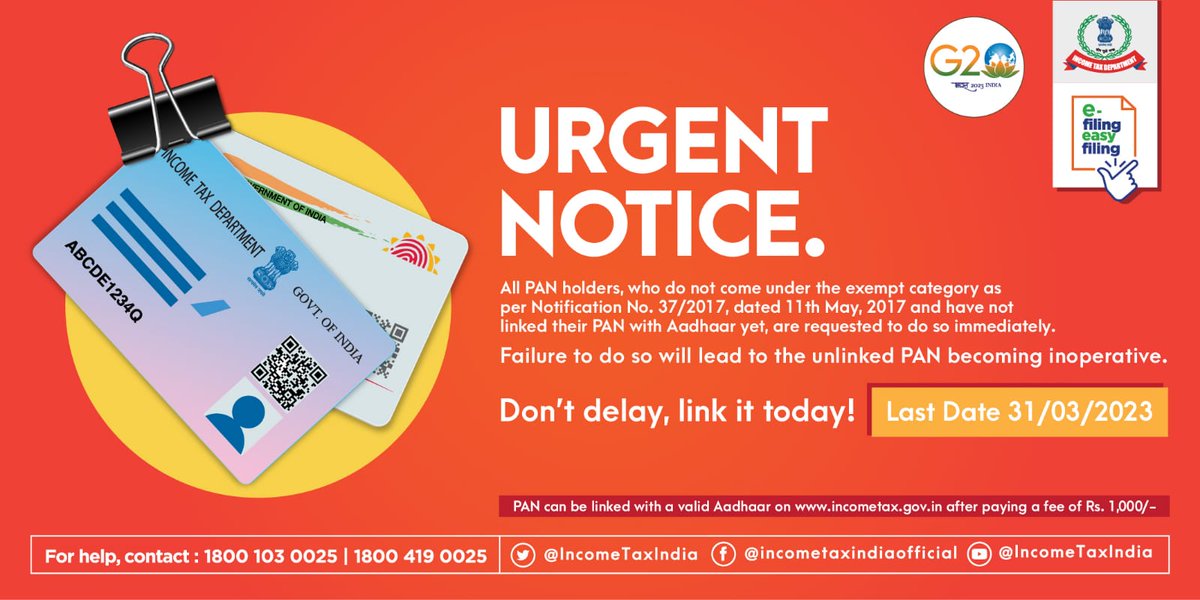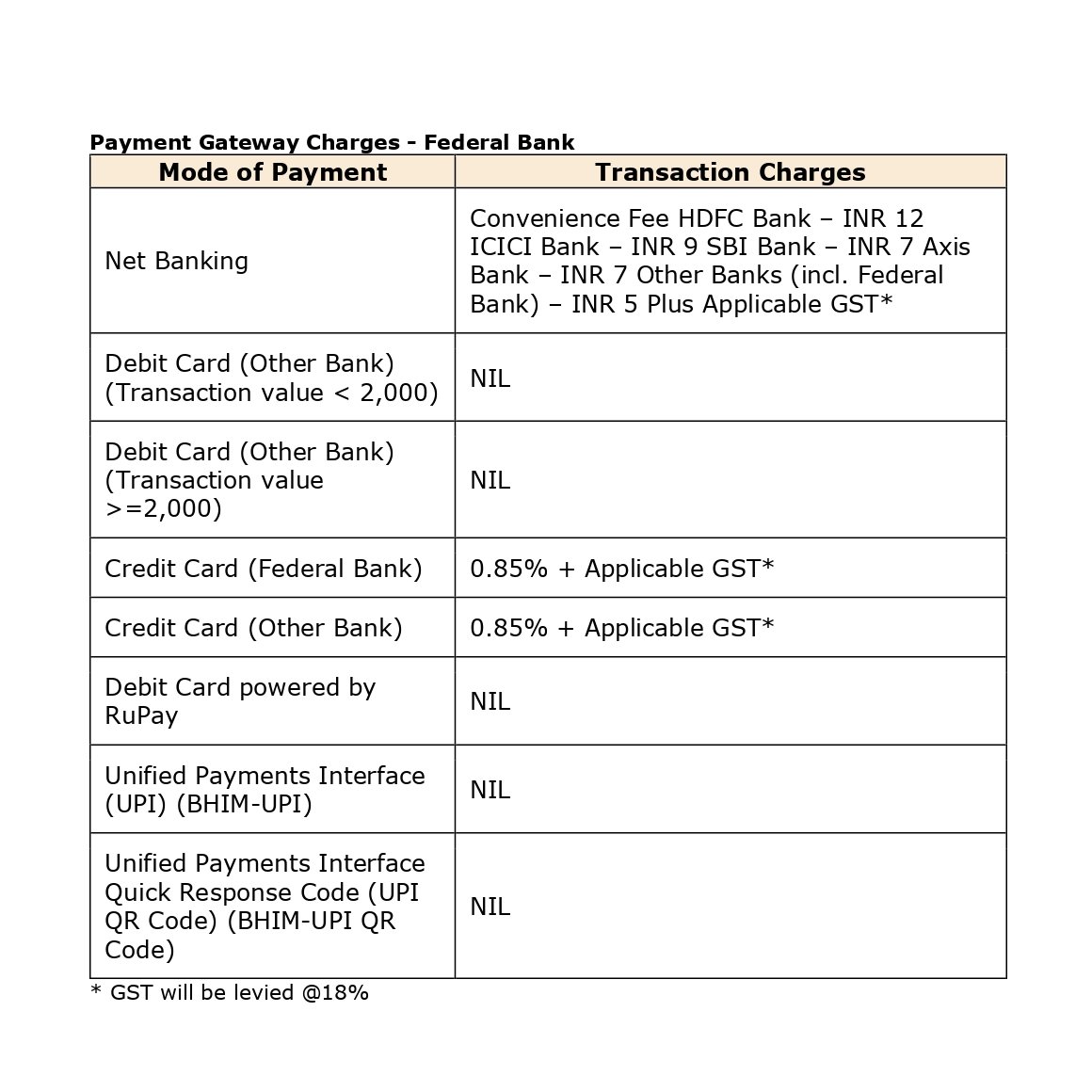
Indian Government in Union Budget 2019 announced an Incentive for the "Purchase of Electric Vehicles."
This has been done by Incentivizing manufacturers and consumers directly.
One such measure was the introduction of Section 80EEB in the Income Tax Act of 1961
This has been done by Incentivizing manufacturers and consumers directly.
One such measure was the introduction of Section 80EEB in the Income Tax Act of 1961
Apart from Income Tax Benefits, several states announced the exemption of Road Tax for buying electric vehicles.
Also, there are subsidies under FAME Scheme for buying electric vehicles.
But we will discuss about Income Tax benefits👇
Also, there are subsidies under FAME Scheme for buying electric vehicles.
But we will discuss about Income Tax benefits👇
✅Section 80EEB:
- Applicable to an "Eligible Taxpayer" who has taken a "loan" for the purchase of an "Eligible Electric Vehicle."
- "Interest payable" on such loan would qualify for deduction under section 80EEB
Let's understand in detail👇
- Applicable to an "Eligible Taxpayer" who has taken a "loan" for the purchase of an "Eligible Electric Vehicle."
- "Interest payable" on such loan would qualify for deduction under section 80EEB
Let's understand in detail👇
⭐️Who is an Eligible Taxpayer?
Only Individual. Other than individuals no one qualifies to get tax deductions under section 80EEB.
⭐️Loan conditions
The loan must be from eligible Banking Companies or NBFCs
Only Individual. Other than individuals no one qualifies to get tax deductions under section 80EEB.
⭐️Loan conditions
The loan must be from eligible Banking Companies or NBFCs
⭐️What is an Electric Vehicle?
• Powered exclusively by an electric motor and
• It must have an electric regenerative braking system and
• The braking system provides for the conversion of vehicle kinetic energy into electrical energy
A vehicle can be 2, 3, or 4 wheeler.
• Powered exclusively by an electric motor and
• It must have an electric regenerative braking system and
• The braking system provides for the conversion of vehicle kinetic energy into electrical energy
A vehicle can be 2, 3, or 4 wheeler.
⭐️ Tax Deduction-
Tax deduction benefits of up to ₹1.5 lakhs per assessment year on the "interest paid" towards a loan for the purchase of an electric vehicle.
This is above the deduction of 80C, 80D and others.
There is no deduction allowed for principal amount of the loan.
Tax deduction benefits of up to ₹1.5 lakhs per assessment year on the "interest paid" towards a loan for the purchase of an electric vehicle.
This is above the deduction of 80C, 80D and others.
There is no deduction allowed for principal amount of the loan.
⭐️ Important Catch-
The loan for the purchase of an Electric vehicle must be sanctioned between 1st April 2019 to 31st March 2023.
This means you will not get any tax benefit of 80EEB if the loan is sanctioned after 31st March 2023
The loan for the purchase of an Electric vehicle must be sanctioned between 1st April 2019 to 31st March 2023.
This means you will not get any tax benefit of 80EEB if the loan is sanctioned after 31st March 2023
It was expected that an extension will be announced in the #Budget2023, but surprisingly no such extension was announced by GOI.
Instead, announcements were made for the manufacturers and the overall ecosystem of EV.
Instead, announcements were made for the manufacturers and the overall ecosystem of EV.
So, if you are planning to purchase EV and that too on loan,
Make sure your loan should be sanctioned before 31st March 2023. This will be majorly beneficial specifically for salaried class people.
Make sure your loan should be sanctioned before 31st March 2023. This will be majorly beneficial specifically for salaried class people.
⭐️What about interest paid on the loan after March 2023?
There is no restriction on claiming interest paid after March,23 in your ITRs under 80EEB as, loan tenure may be of 3 years, 5 years, etc.
The only condition is of date of sanctioning of the loan. (Before March 23)
There is no restriction on claiming interest paid after March,23 in your ITRs under 80EEB as, loan tenure may be of 3 years, 5 years, etc.
The only condition is of date of sanctioning of the loan. (Before March 23)
⭐️ Can I claim an Interest paid as business expenses as well?
No. Interest paid will not be allowed as a deduction under any other sections of income tax if, the interest benefit is claimed under 80EEB or vice-versa.
Therefore, can not take benefit under both sections.
No. Interest paid will not be allowed as a deduction under any other sections of income tax if, the interest benefit is claimed under 80EEB or vice-versa.
Therefore, can not take benefit under both sections.
Let's summarize-
• Tax Payer must be Individual only.
• Loan must be sanctioned between 1st April 2019 to 31st March 2023.
• Loan for the Purchase of a vehicle.
• Loan from Financial Institution or NBFC.
• Deduction is a maximum of up to Rs.1,50,000 per year.
• Tax Payer must be Individual only.
• Loan must be sanctioned between 1st April 2019 to 31st March 2023.
• Loan for the Purchase of a vehicle.
• Loan from Financial Institution or NBFC.
• Deduction is a maximum of up to Rs.1,50,000 per year.
• Interest deduction to be continued after 31st March 23.
• Not allowed as a deduction under any other section if claimed under 80EEB or vice-versa.
• Electric vehicles can be 2, 3, or 4 wheelers.
• Not allowed as a deduction under any other section if claimed under 80EEB or vice-versa.
• Electric vehicles can be 2, 3, or 4 wheelers.
Thread ends. I hope you will like it.
Please post your questions in the comments, will try my best to answer.
Retweet and share with others. Follow me @CAYogesh4u for more such content.
Thank you.
Please post your questions in the comments, will try my best to answer.
Retweet and share with others. Follow me @CAYogesh4u for more such content.
Thank you.
• • •
Missing some Tweet in this thread? You can try to
force a refresh








